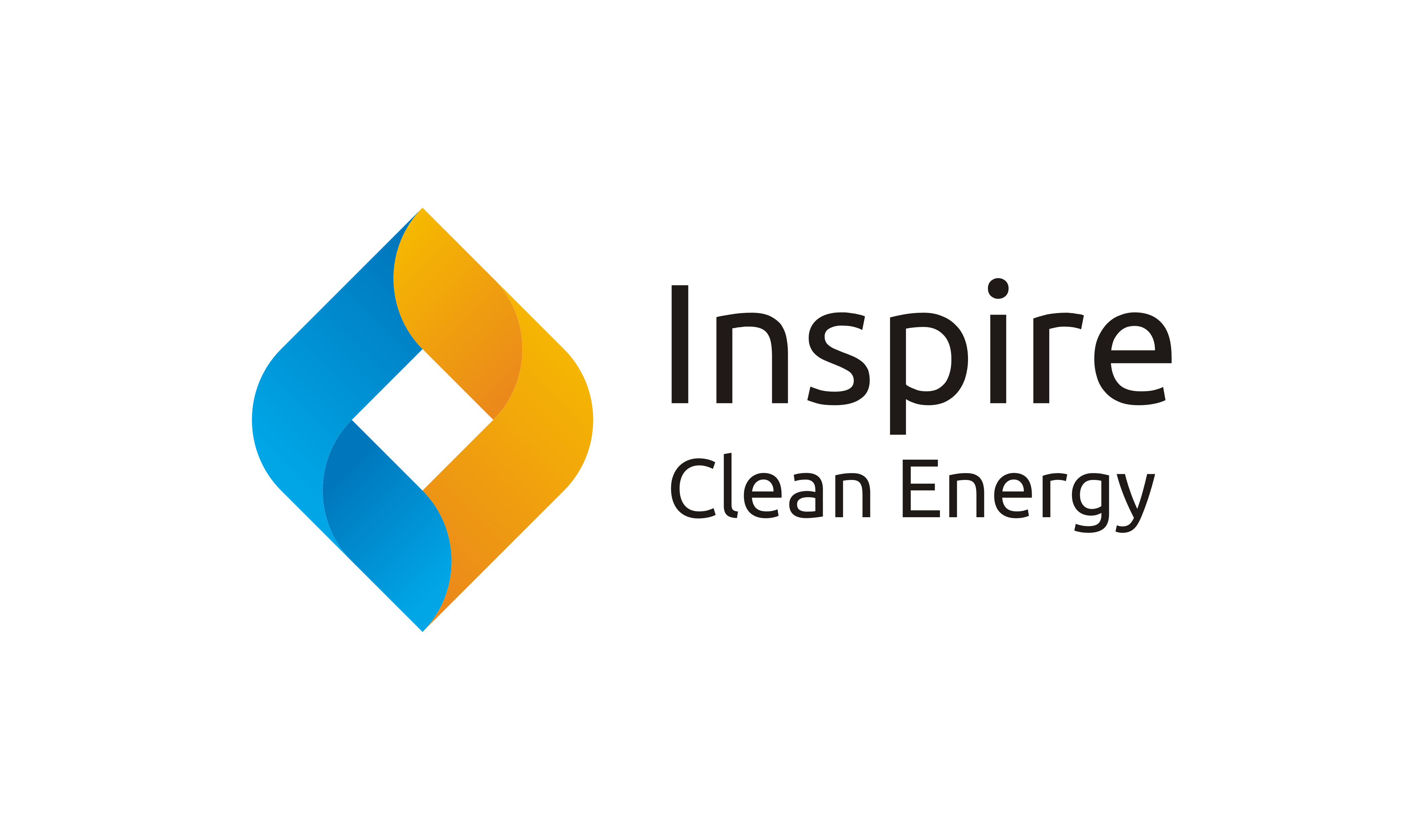Save Water - Reduce Solar PV module cleaning water consumption by 28 times
Industries in India are the second highest consumers of water, and they are expected to consume 228 billion cubic meters of water by 2025. In addition to this, used industrial waters pollute 5 – 8 litres of fresh water available for use. Indicating that industries would use 35% – 50% of total water used in the country.
Solar PV Plants, consume a significant amount of water for its daily operation & maintenance and mainly for cleaning its PV panels. On an average 5 – 7 litres of water is required to clean a module, which is a significant 5 – 7 million cubic meters of water a year for the 20 GW installation.
100 GW installation by 2022 target sets the Solar PV industry to consume a whopping 12 – 15 million cubic meters of water every year, i.e., 1% – 2% of the projected water consumption in 2022. Cape Town’s “Zero Day” predictions share the bleak future that every city faces and hence the ounce of saving water rests on every individual.

While many may advocate water-less robotic cleaning, available solutions in the market are neither cost-effective nor efficient for Indian conditions. They are designed for specific projects and profess daily cleaning to make the prohibitive cost look viable.
Inspire Clean Energy (ICE) continually strive to bring in a positive impact on the environment. Be it water consumed for module cleaning or be the reduction in diesel consumed per MWp or the enviro-friendly vegetation management procedures.
At sites managed by ICE, regular metrics of various parameters helped us zero on two key factors increasing water consumption, viz., ergonomics & cleaning effectiveness.
A lightweight & flexible carbon fibre water fed pole connected to the broader custom-made brush was designed to help reduce water consumption. While the water consumption reduced from 7 litres to 2 litres, cleaning effectiveness had taken a hit.
Further analysis revealed water pressure, and brush bristle material also played a crucial role. In-house fluid mechanics expert and guidance from CIPET helped further improvise the cleaning mechanism.
The system put to the test at a problematic rooftop installation with high soiling created by ceramic dust at a windy location in Rajasthan was the place. After fine tunings, the improvised system achieved day’s low of only 250 ml per module. Over two months of operation, the plant now consumes an average of 300 ml water per module against its initial consumption of 7 litres. The improvised system would help the customer save 95% water required for module cleaning.
Eco-Friendly Living
While continuous improvements are being tested to further reduce water consumption, this “World Water Day“, we are proud of the positive change brought by us and urge every responsible individual contribute to conserving water in making the world a better place to live.


